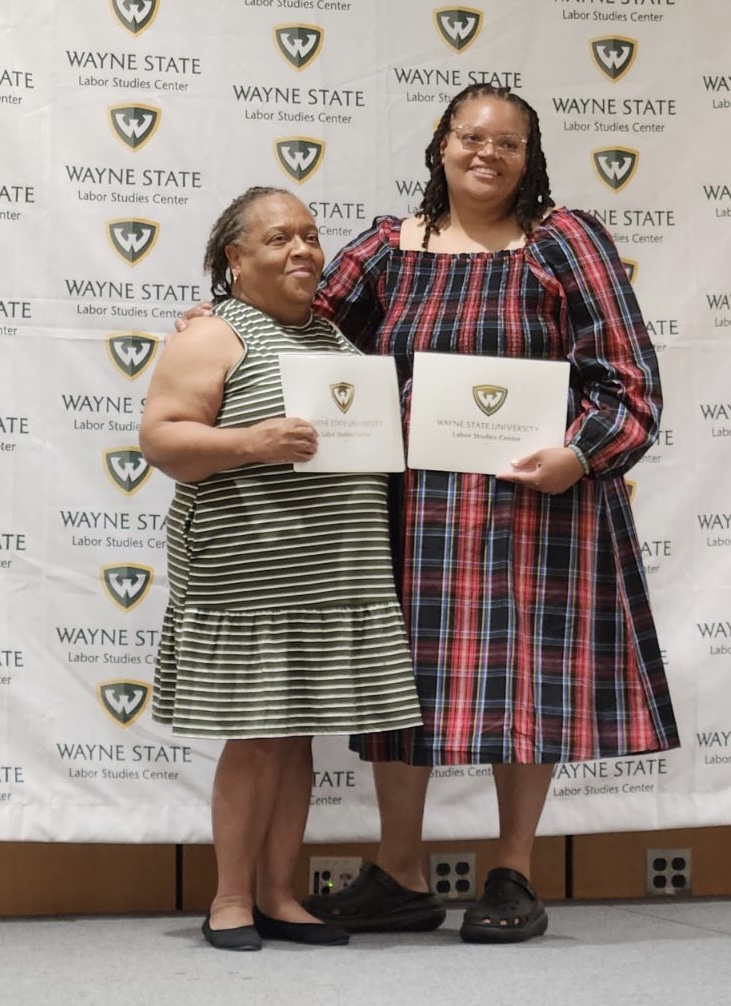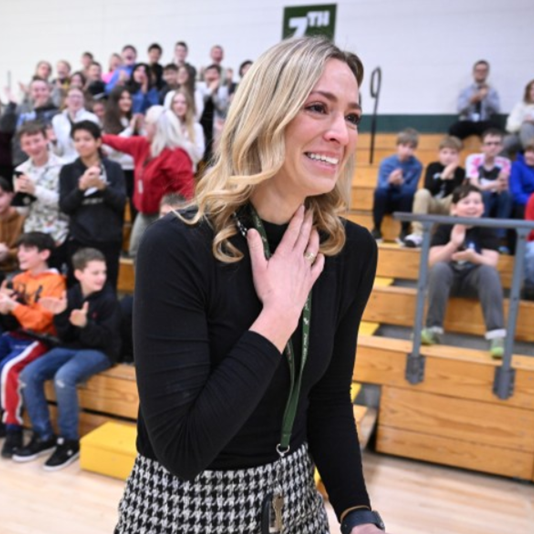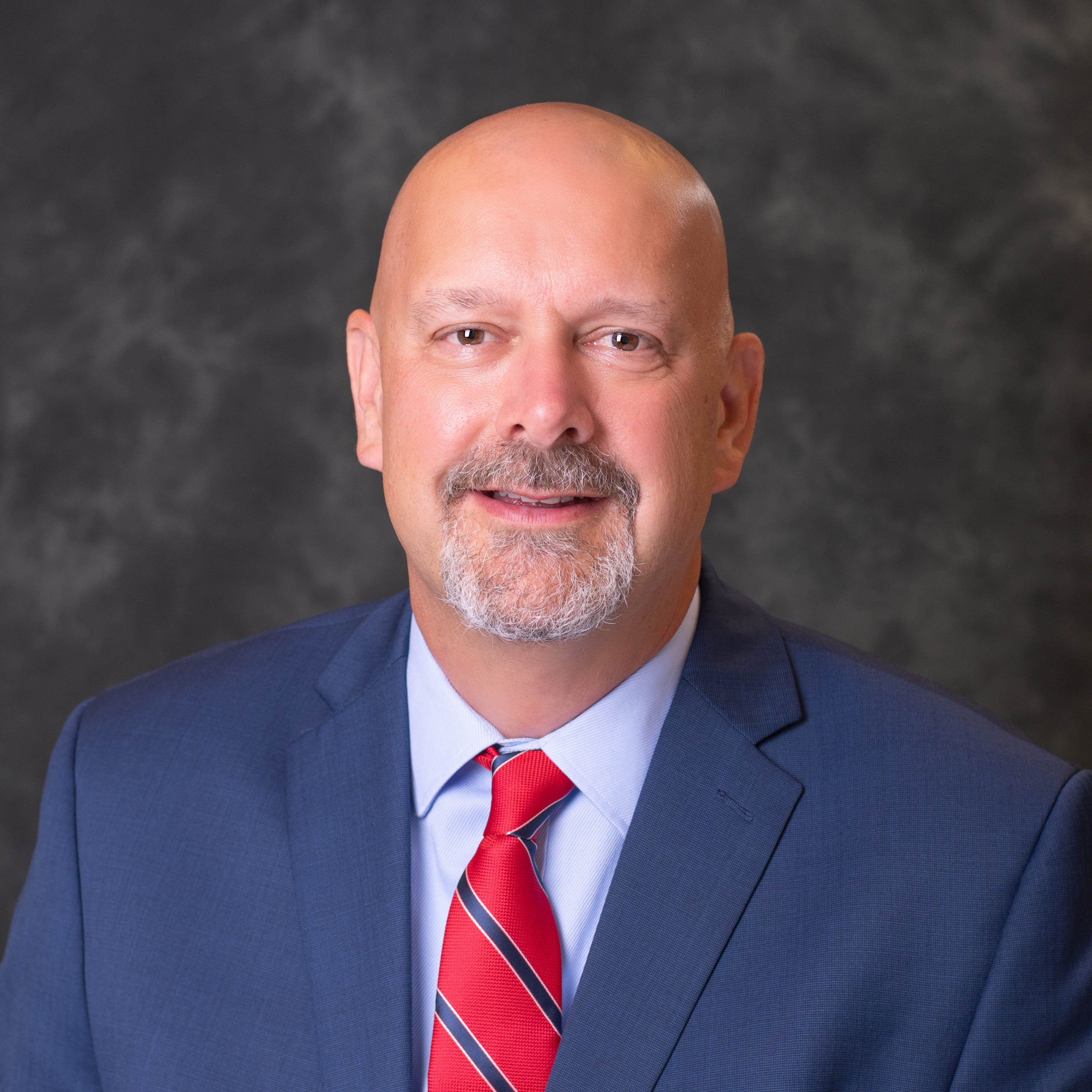It’s our time to carry water
By Deborah Robertson and Kiarra Whitelow
Harper Woods School District

If the opposite of divided is unified, then labor unions have a lot of work to do in the wake of the presidential election. Please understand, we are not here to cast blame or minimize disappointment at the outcome. We simply refuse to grant our opponents power by giving into sadness or bitterness.
As local presidents of two units representing certificated and support staff in Harper Woods, we clearly see challenges that lie ahead. But we are students of labor history. We understand worker rights and protections now held dear were not freely given but fought for and won by our ancestors.
We recognize great opportunities unfolding which all of us are called to take up as our work. Division is a tool the other side uses to weaken and defeat opposition, so make no mistake.
Going forward those opposed to the incoming administration’s moves will include the majority of Americans who believe in similar ideals—of personal freedoms and democracy, of caring for the vulnerable, of valuing educators and public education as a foundation of society.
The other side can divide us along lines of class; race or ethnicity; religious affiliation; gender or sexual identity; nationality or immigration status—and thus conquer us. Or we can recognize our common humanity and do what needs doing right now.
Despite differences, we can agree. Hungry children need nutrition; those with disabilities need services; struggling families need assistance; our retired and elderly deserve security and dignity; every person needs health care. All of this and more is under threat.
We have to start locally—first internally and then turning outward to allies in our communities.
Begin by asking what you can do to get more involved in your local. Too many see their union as a genie or Santa Claus there to magically solve problems or gift them rights. We need education. Talk to non-members about joining, why unions exist, and what collective action can do.
Let’s tap energy that our youth are bringing—see organizing of Starbucks stores in 40 states; Amazon workers whose suit led to a recent federal ruling barring “captive-audience” meetings by union-busting employers; and Detroit-area Corewell Health nurses voting overwhelmingly to join a union.
Then help your local association build ties with individuals and organizations in your community. Create partnerships. Go to events representing the union. Volunteer and turn out for other organizations in ways that make sense where you live, as you will in turn ask others to show up for you.
Stronger locals build our capacity for action statewide, and we have important mid-term elections in two years to focus on electing good people to our state government.
MEA is building coalitions at the state level, and other state affiliates and NEA are working nationally. It’s going to take collective strength, but we’ve been here before and won. In 1966, for example, NEA added power by merging with a historically Black teachers’ union, the American Teachers Association.
And in the dark days of forced racial segregation and Jim Crow, iconic United Auto Workers leader Walter Reuther joined the power of labor with the Civil Rights Movement. Organizing victories that resulted benefited poor and disenfranchised folks from every demographic. We are stronger together.
In 1968 Dr. Martin Luther King, Jr. gave a now-famous speech, “I’ve been to the Mountaintop,” to Black sanitation workers in Memphis on strike for fair pay and safe working conditions. He said: “I’ve seen the Promised Land. I may not get there with you. But I want you to know tonight, that we, as a people, will get to the promised land!”
The next day he was assassinated on the balcony of his hotel room to searing shock and grief across the globe. Yet the work of Dr. King and all who came before him never stopped. Despite pain and fear, others picked up a bucket and carried that water. Now it’s our turn. Together in solidarity.



